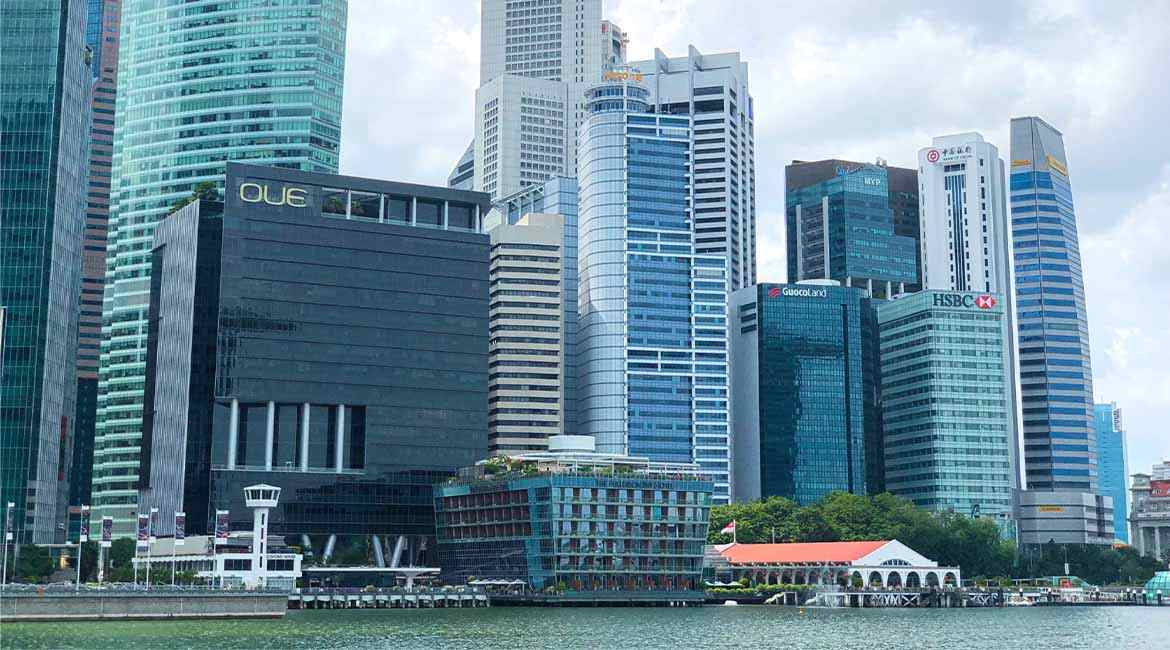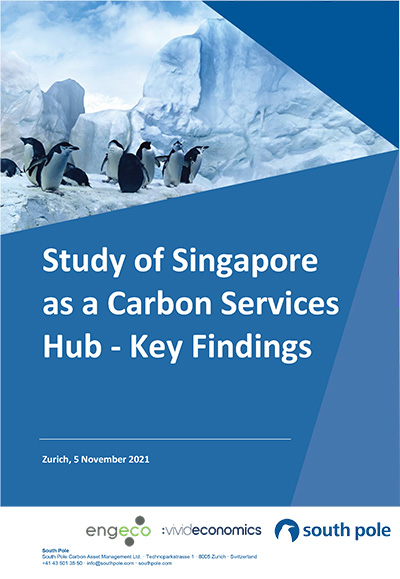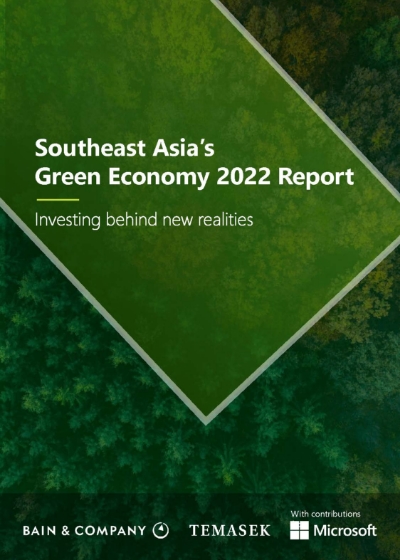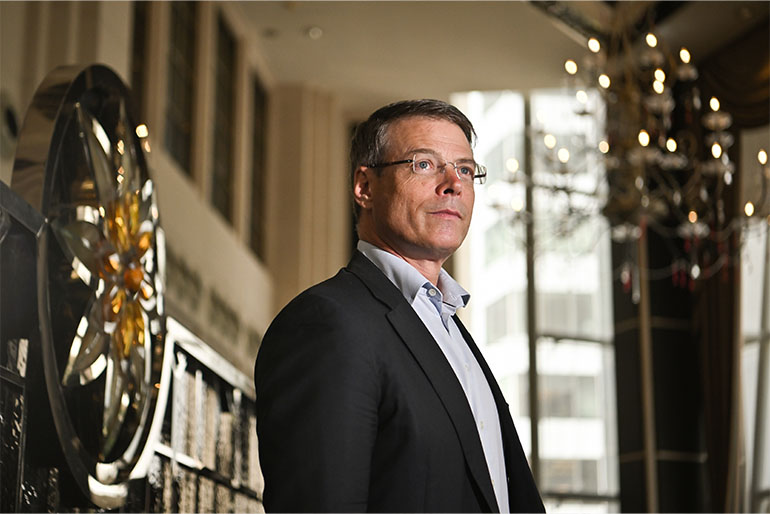Industry insiders told The Straits Times that small and medium-sized enterprises (SMEs) typically seek help in assessing what ESG data needs to be measured and tracked, and how to properly report these findings.
As the acronym suggests, the ESG framework guides companies in three broad areas: their environmental impact, social issues and corporate governance.
There are many criteria for each category, but commonly recognised ones include measuring carbon footprints, supply-chain working conditions and diversity and inclusion matters related to policymaking and board members.
These are proving fertile fields for ESG software-as-a-service platform providers such as STACS and Seneca ESG, which have expanded their services or manpower to meet growing demand.
Such platforms generally collate information from a range of sources such as data providers, including Refinitiv and Bloomberg, and input from companies themselves, and then present it in a user-friendly interface with analytic tools to help users make sense of it all.
Corporations can use the data to monitor their carbon emissions, benchmark themselves against competitors or track and forecast their ESG progress.
“Sustainability reporting is usually a full-time office job, with a team of people doing nothing else but that. I think most companies don’t have such resources,” said Mr Benjamin Soh, the Founder and Managing Director of STACS, which has a staff of 50.
The company has an ESG data registry – known as ESGpedia – that will be updated this month with more data coverage and various analytics tools to allow financial institutions to do portfolio monitoring, benchmarking and automated monitoring of certain companies.
Mr Soh added: “As SMEs play a pivotal role in greening the supply chain, STACS sought to digitalise corporate disclosure, and lower barriers to entry for SMEs to kickstart their sustainability journey.”
Other companies which are familiar with data collection and reporting tend to seek advice on other matters, such as goal-setting and practical steps that could reduce their carbon output or increase their ratings in the areas of social and governance.
Another group – financial institutions, venture capitalists and investors – require tools to organise and make sense of the wealth of data so that they can make better-informed decisions on their portfolio according to their ESG goals and investment strategies.
Business intelligence company Seneca ESG boasts having more than 60 financial models built into its software.
Chief Executive Jonathan Ha, who founded the company in 2020, calls it “situational-specific ESG”.
“We’ve created a solution for financial institutions to customise and design ESG-specific score points (because) they may have different product strategies, sector focus and so on, so they may have different scoring methodology for different situations.
“(ESG analysis is) not easy and is not one-size-fits-all, but it doesn’t mean it shouldn’t be done.”
There is more to climate reporting, of course.
Singapore-based fintech MVGX focuses on providing the technological infrastructure for ESG products and services. This includes infrastructure for carbon registries and exchanges, carbon measurement and management, and certification services.
The company uses big data and blockchain technology to ensure that every carbon credit can be tracked precisely from start to end to prevent double-counting, or the credits being used to aid in greenwashing.
MVGX Founder Bo Bai said: “Some countries may not have established the infrastructure to deal with the nationality issue of carbon credits yet. So if somebody’s trying to sell you some carbon credits from Indonesia now, you might find that three years later, they are void... and your carbon-neutral effort is put to shame. People don’t talk enough about it.”
Accelerating Singapore’s green finance hub
Venture capitalist- and bank-backed initiatives such as SC Ventures and Studio 30 50 are also helping to drive momentum in the sector by funding tech-based ESG solutions, further cementing Singapore’s position as a green hub.










